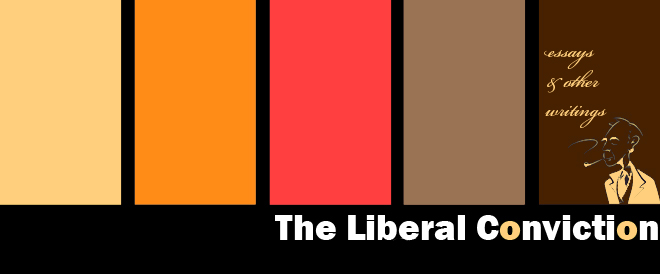An Unpatriotic Act

The Bush administration would like us to believe that we are at an unprecedented time in history. A time so unique, so important, that it is necessary to abuse the very principles our country was founded on in order to preserve our safety. Just six weeks after the tragedy of September 11th, on October 26, 2001, the Attorney General, John Ashcroft capitalized on the emotional state of frightened Americans by having the USA PATRIOT Act passed by Congress. On this day, fundamental principles such as: a free and open exchange of information, speaking up against the government, and freedom of speech, were placed in jeopardy. This act is not an attack on “terrorism”, but on the individual liberties of each American citizen.
The PATRIOT Act allows the FBI to monitor e-mails, medical records, library accounts, and access unprecedented amounts of once private information. The FBI can now legally tap phones, break into homes and offices, and access financial records without probable cause. The USA PATRIOT Act also gives investigators the ability to waive attorney-client privilege and monitor once confidential governmental meetings. Though these invasions into our privacy may seem petty, any law that attempts to violate our privacy and our freedom is a law that disregards The Bill of Rights. I for one will not stand for it.
According to Warren Ellis of The New York Times, “The Bush administration, which calls the PATRIOT Act perhaps its most essential tool in fighting terrorists, has begun using the law with increasing frequency in many criminal investigations that have little or no connection to terrorism.” Since the PATRIOT has been passed, only two years ago, law enforcement agencies have begun exercising the freedoms granted by The Act, not on terrorism, but on common crimes throughout the country. In fact, within six months of passing the PATRIOT Act, the Justice Department was already conducting seminars on how to stretch the new wiretapping provisions to extend beyond cases of terrorism and into the homes of American citizens. According to a spokesman for the National Association of Criminal Defense Attorneys, "They say they want the PATRIOT Act to fight terrorism. Then, within six months, they are teaching their people how to use it on ordinary citizens."
By granting the FBI access to private information throughout the country, President Bush is making his job easier. By allowing the FBI to breach privacy laws and disregard constitutional rights, President Bush can successfully dodge the little formalities involved with due process of the law. It is obvious that Bush’s desire to leave the FBI unchecked is far more important than his respect for The Constitution. George Washington, in his final address to the nation, warned us that if the
Ironically, by “[tearing] down the walls that blocked
George Bush is not the first president to infringe upon constitutional rights. In 1803, John Adams had the Alien and Sedition Acts passed by Congress. These laws stated that anyone who speaks up against the president can be fined or arrested based on treason. Luckily, the Alien and Sedition Acts were repealed from Congress like the insidious laws they were, and will forever leave a dark spot on John Adam’s history as a politician. One can only hope that our nation responds to the PATRIOT Act in a similar fashion.
Furthermore, The PATRIOT Act shortchanges
Just calling it the USA PATRIOT Act seems to imply that anyone in public opposition of the Act or the Bush administration itself is unpatriotic. Call me ‘old fashion’, but I believe that
Labels: article




<< Home